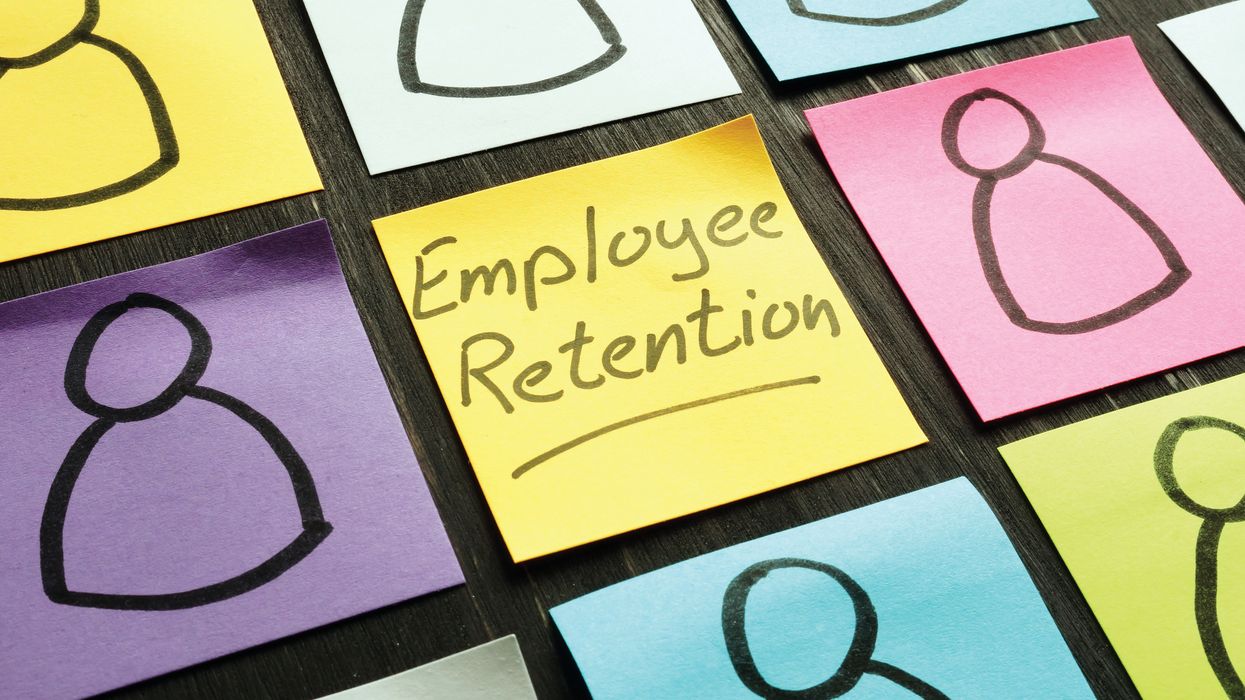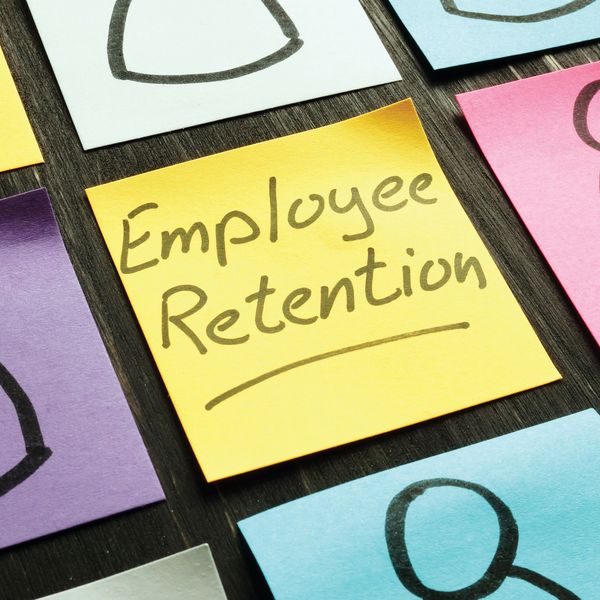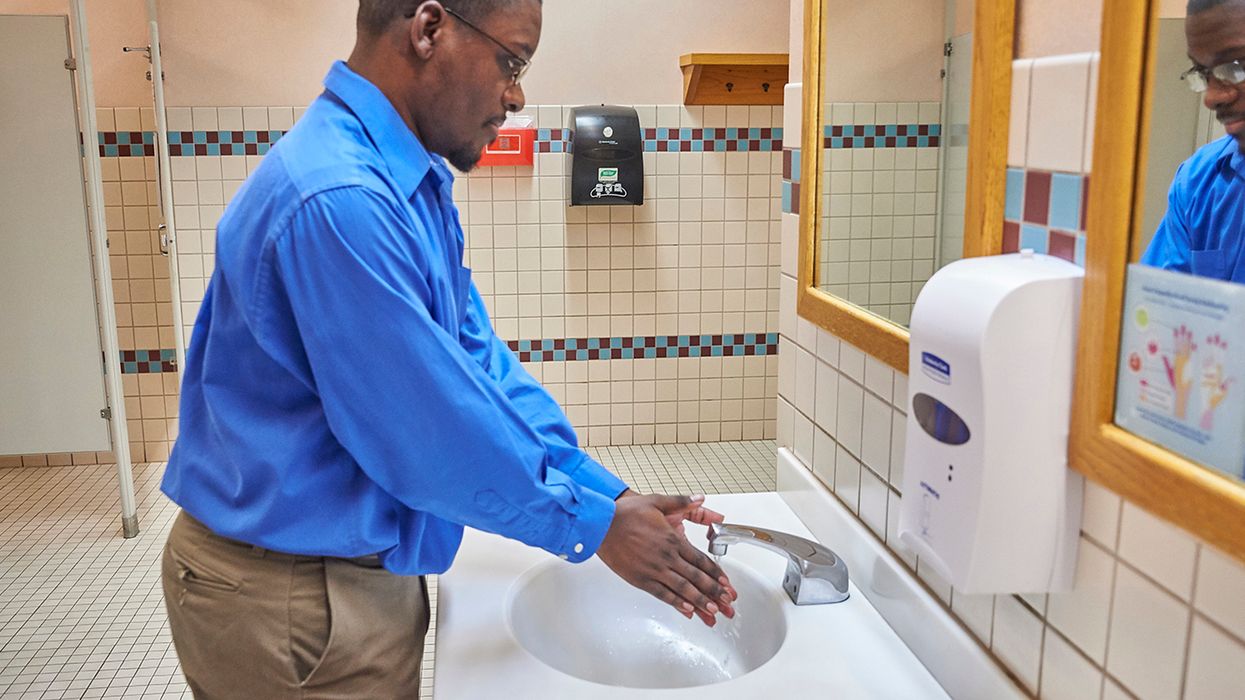Onboarding well may help companies reduce employee turnover
Statistics on job turnover are alarming:
- According to the Society for Human Resource Management (SHRM), employee turnover can be as much as 50 percent in the first 18 months of employment.
- In the 2020 Job Seeker Nation Study, about 34 percent of workers said they have left a job they had started within 90 days.
- A 2020 survey by Emplify showed that 77 percent of employees who had been at their job for less than a year said they were open to taking a different job if the opportunity presents itself, while 44 percent admitted to being already actively looking for a different job.
The most common reasons for quitting within the first 90 days given by the Job Seeker Nation Study respondents were:
| 46% | Day-to-day responsibilities were not what was expected |
| 39% | An incident or bad experience changed their mind |
| 35% | Company culture |
Onboard as thoroughly as possible
Here are a few ways to reduce the risks of losing a new hire:
Don’t assume a new hire is happy. This job may have been a runner up that they accepted after being rejected by their dream company. Make it your mission to prove that this job is a good fit for them.
Watch for red flags. Does the new hire come to work over-dressed and then mysteriously disappear for a few hours on random days? Is the person stepping outside to have private phone conversations? The new employee might still be in job-search mode. While you don’t want to invade anyone’s privacy, and can’t prohibit the employee from using off-time for interviews, again, make it your mission to convince the new hire that this is the right job for them.
Give lots of feedback. Everyone is nervous the first few months on the job. Frequent productive feedback can be a lifeline to a new employee who is struggling, but afraid to ask for help.
Make it okay to use perks. Maybe the new hire was attracted to your company because you offered flex time, so make sure you’re sending out the message that it’s okay to use it. Did you brag about the company cafeteria when you interviewed potential employees? Then encourage team members to invite new hires to dine there with them rather than eating by themselves at their desks every day.
Don’t assume they know it all. Assume they are just uncomfortable asking. Over-informing new hires about all the nuances of the job and company is better than under-informing them. Of course, you shouldn’t dump it all on them on the first day and overwhelm them, either.
Make sure they have the tools they need and are comfortable with the technology. Just because someone is tech savvy doesn’t mean they are proficient on every type of equipment and every app on every platform. Rather than have them struggle on their own, reduce frustration by providing training options. Also offer information on who to contact when systems freeze, passwords are forgotten, or software needs upgrading. If the company has some learning opportunities, share them.
Assign a mentor, or at least a buddy. A new hire may be reluctant to ask for help, especially from a supervisor. Pair the newbie with a peer who can point out where the office supplies are stashed, who has the best candy on their desk, or tips and tricks with the software.
Help the new hire connect to a broad range of people. If you’ve assigned the new hire a mentor, that’s great, but don’t make it an exclusive relationship. Assign the new team member to work with other individuals and groups, too, so you can observe who the new hire clicks with. It’s harder to abandon a job after you make friends there.
Take input seriously. If you were impressed with the new hire’s ideas and experience during the interview, don’t brush off suggestions for improvement now that they are an employee. New employees who feel like they are being taken seriously and contributing are more likely to stay.
Let them be themselves. Don’t constantly compare the new hires to the employees they are replacing. This can make them feel like it’s impossible to fit in or live up to standards that were set.
Key to remember: To prevent a new hire from abandoning their new job, make sure YOU don’t abandon THEM. Sometimes employers put so much effort into hiring they think their work is done once an employee starts and immediately go back to their regularly scheduled job duties. But think how it feels for new employees to be left completely on their own to figure out the job after the flood of attention received on the first day or two.






















































